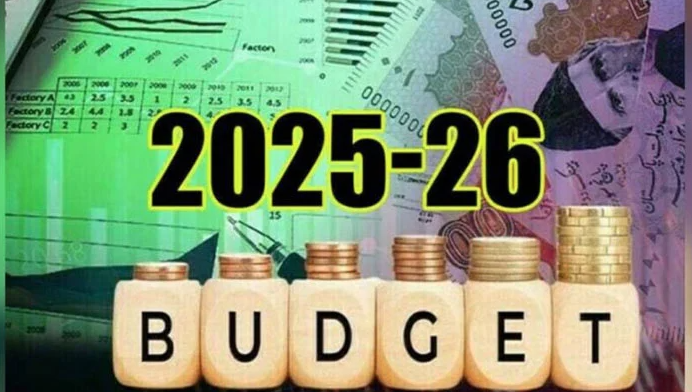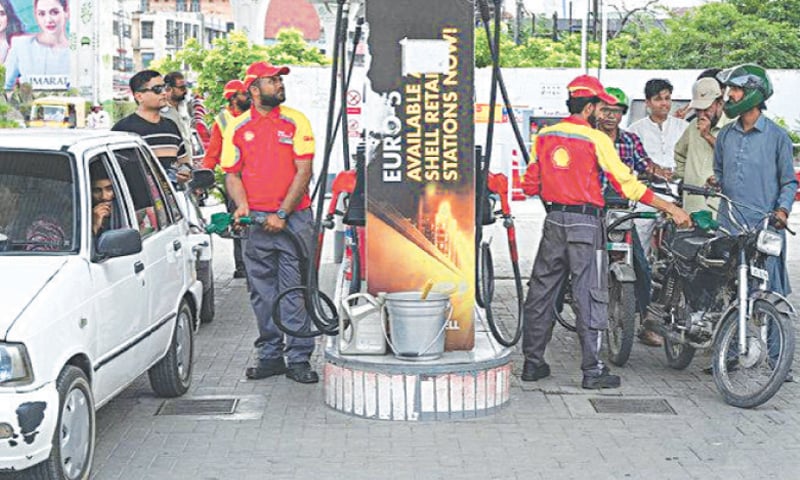TRADE & ECONOMY

In a significant step aimed at funding climate-related programs and discouraging fossil fuel consumption, the federal government has imposed a carbon levy of Rs 2.5 per liter on petrol, diesel, and furnace oil, effective from the upcoming fiscal year 2025-26.
Presenting the Rs 17,573 billion federal budget in the National Assembly, Federal Finance Minister Muhammad Aurangzeb said the move is part of the government’s broader green energy initiative and efforts to meet its climate goals.
“To reduce excessive dependence on fossil fuels and support environmental sustainability, a carbon levy of Rs 2.5 per liter will be imposed on petroleum products,” the finance minister said. He further stated that this levy will increase to Rs 5 per liter in the fiscal year 2026-27.
In addition, a petroleum levy on furnace oil will be applied according to the rates set by the federal government, aiming to generate further revenue for climate adaptation and renewable energy projects.
📈 Possible Price Hikes Expected
The new levy is expected to cause an immediate surge in petroleum prices, impacting petrol, diesel, and furnace oil costs. Experts also warn that the 18% sales tax on solar panels introduced in the same budget will make renewable energy options more expensive, potentially slowing the country’s shift toward clean energy.
Furthermore, the imposition of higher taxes on imported goods and vehicles could lead to a significant rise in car prices, particularly those running on conventional fuel.
🔍 Public Reaction & Economic Concerns
Economists have raised concerns about the inflationary impact of the levy amid already high fuel costs. “While environmentally motivated, this carbon levy will likely ripple through transportation, goods, and services, increasing the cost of living for average citizens,” a senior analyst said.
Meanwhile, climate activists have cautiously welcomed the measure but called for transparent use of collected funds to ensure they are genuinely invested in green projects and not absorbed by general expenditures.




